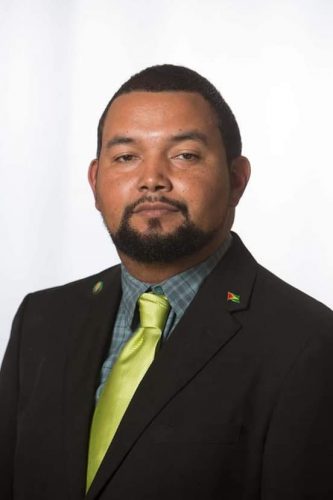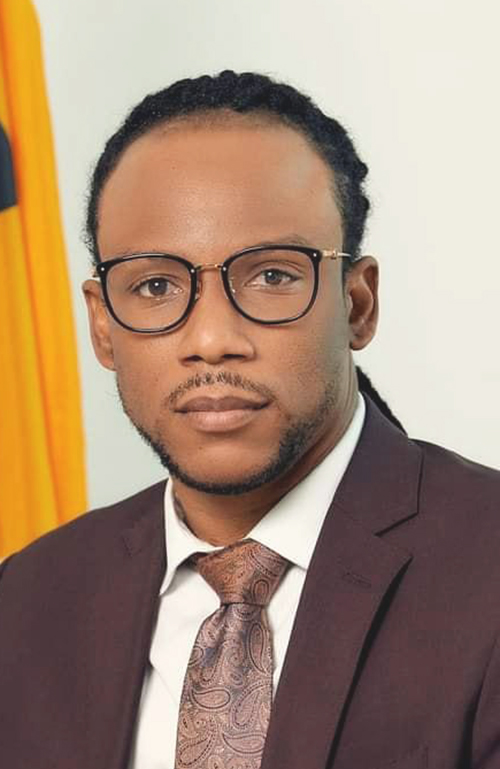Fears that the COVID-19 vaccines might be unsafe and could have deadly side effects have left the majority of the adult population in Region Ten skeptical about getting immunised against the disease, which continues to claim lives in Guyana, according to regional officials.
Health Minister Dr Frank Anthony recently disclosed that in nine of the ten administrative regions, about 30% of the adult population had received a first dose of a COVID-19 vaccine. The exception was Region Ten, where he said the figure was 8.6%.
The national COVID-19 vaccination campaign in Guyana began in February and up to the end of last week over 150,000 persons have received their first dose of a vaccine.

In an interview with Sunday Stabroek, Regional Democratic Council (RDC) Vice-Chairman Douglas Gittens said that residents are afraid that they might experience deadly side effects similar to the ones that are being reported around the world so they have opted not to get vaccinated. “Persons are still scared from some of the things they are seeing on the news. This is one of the major reasons [why residents are refusing to get vaccinated],” Gittens said.
The Vice-Chairman also noted that the combined efforts of government and the RDC to address the issue and ensure that residents have access to all factual information on the vaccines have not been enough as other leaders are actively going around spreading misinformation and saying that the vaccines are unsafe.
“Some other leaders are also spreading that the vaccines are not safe and this is contributing to some of the issues we have in Linden,” he said.
Gittens is not yet vaccinated but plans to be immunised with the Sputnik V vaccine later this month.
Meanwhile, APNU+AFC Member of Parliament Jermaine Figueira told this newspaper that the government is not providing the information required to make residents comfortable enough to get vaccinated. He said as a result of the limited information available on the vaccines, residents are being forced to do their own research. He opined that the government should be providing more scientific and evidence-based information to the public.
“The government has not been doing that and those are some of the reasons why residents are somewhat hesitant to take the vaccine,” he commented.
Ask whether he had been vaccinated, Figueira said he is still doing his research on the different types of the vaccines that are available in Guyana to determine which one he would receive. He went on to state that no one should be forced to get vaccinated and persons should have a choice as it is their health.
“I am not trying to dissuade people from taking it [the vaccine]. I believe that the government is doing good with respect to making vaccines available to flatten the curve but I believe that it is an individual choice,” Figueira said.
In terms of addressing residents’ negative response to the vaccines, Gittens said that the RDC will ramp up its public awareness campaigns and he has promised the Regional Health Officer that he would do a sensitisation programme on the radio and television to encourage persons to get vaccinated.
He pointed out that vaccination sites have been established across the region and they are continuing to advise persons to get immunised against COVID-19.
He noted that within the last two months the number of cases in the region has sky-rocketed and this mainly due to residents’ lax attitude toward the COVID-19 measures. Gittens stated that there is an urgent need to address the situation but their next steps will be decided when the COVID-19 team meets later this month.
According to Gittens, over the past few weeks the government as well as the RDC and regional health officials have been conducting fact-sharing exercises in the region but this was slowed due to concerns about the virus.
He went on to state that the COVID-19 pandemic is bigger than politics so everyone needs to do their part to ensure that the virus is eradicated. Gittens is encouraging persons to get vaccinated, while pointing out that restrictions in the United States are slowly easing because many persons has already been fully vaccinated. “That is what we are trying to achieve. So if we don’t get vaccinated then we will remain in the same position. COVID is not going anywhere so vaccines are important,” he said.





